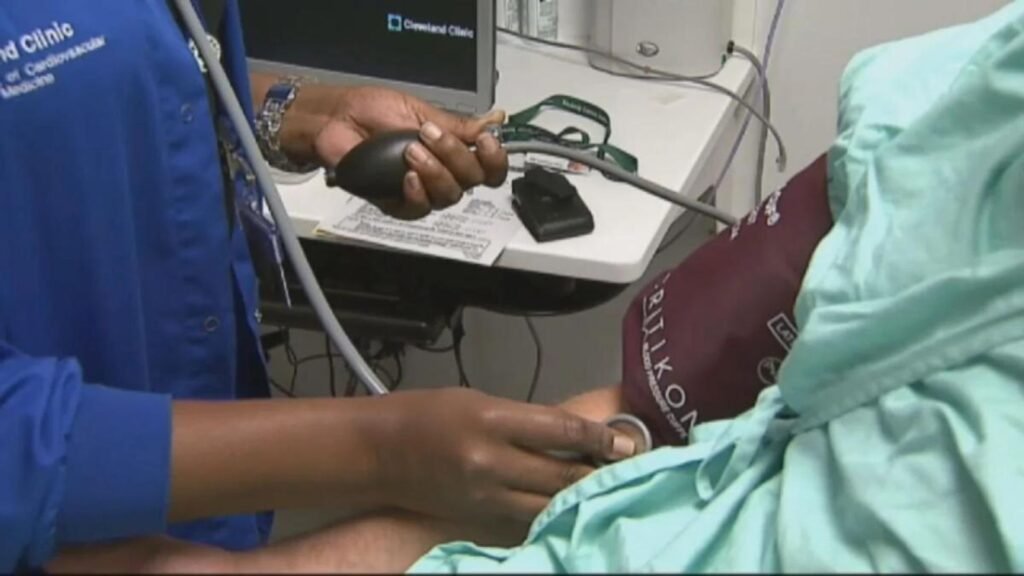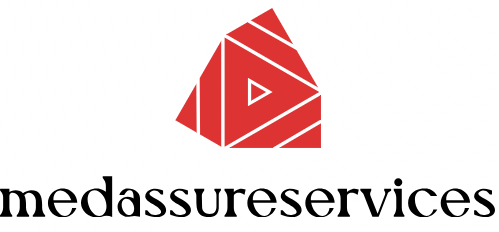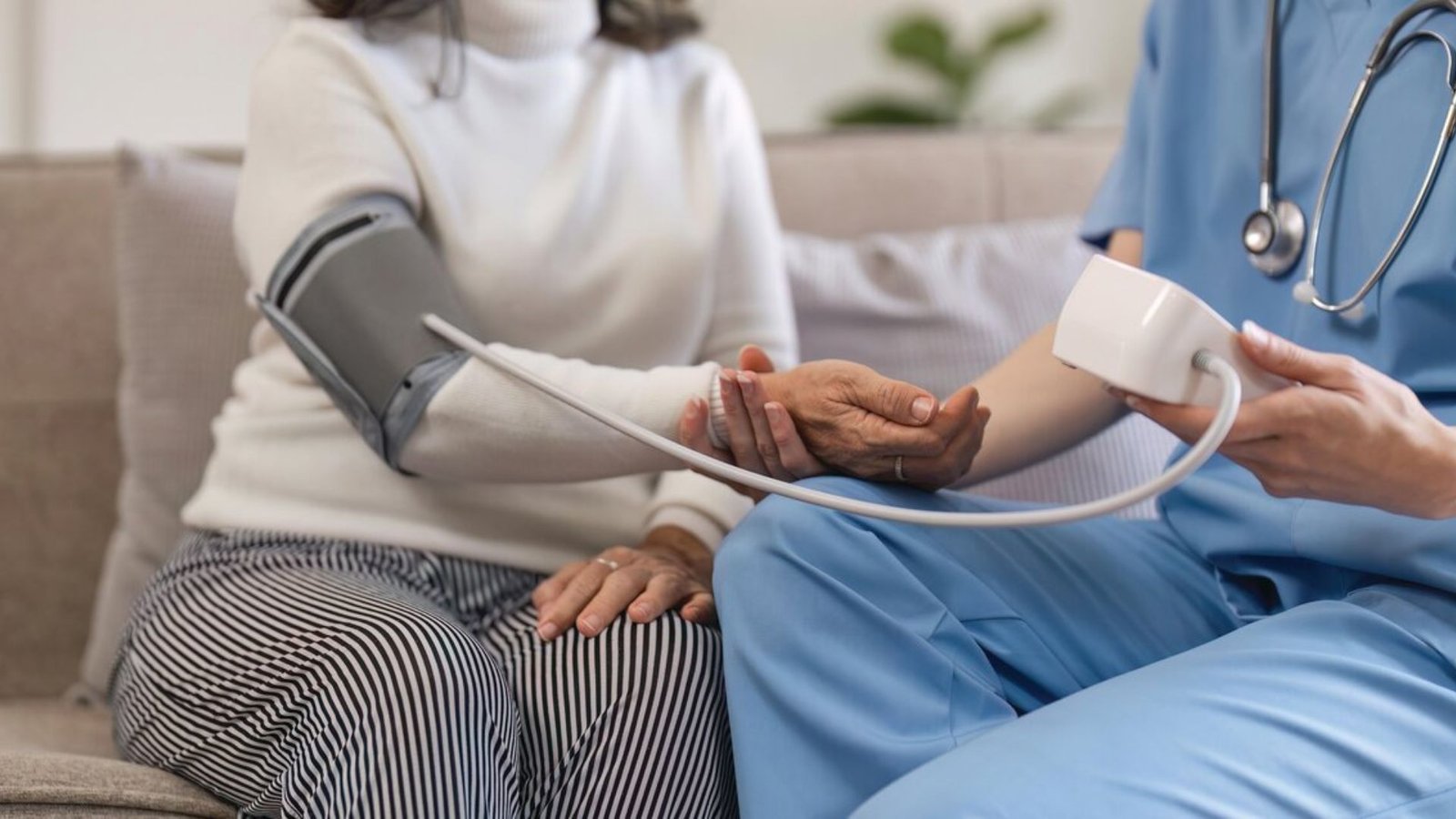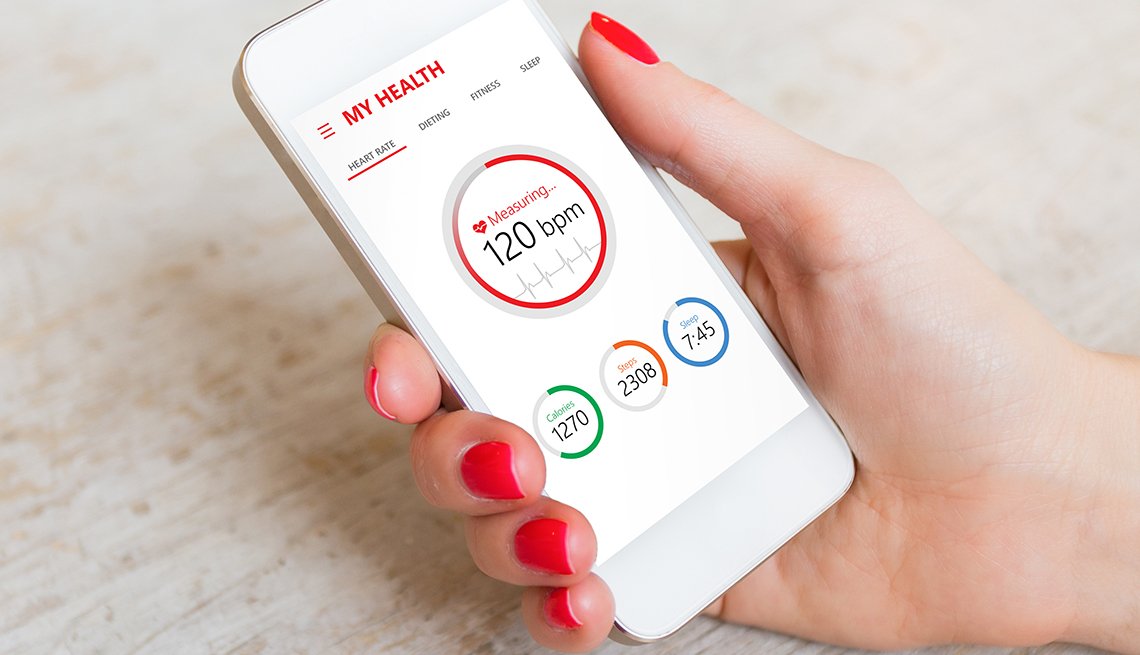In today’s world, staying healthy is very important. One way to do this is by getting regular check-ups. Essential screenings are tests that help doctors find health problems early. These screenings can save lives. In this blog post, we will discuss the essential screenings you can’t ignore in healthcare services.

Why Are Essential Screenings Important?
Firstly, essential screenings help detect diseases early. For instance, catching issues like cancer or diabetes early can make treatment easier and more effective. Secondly, these screenings can give you peace of mind. Knowing that you are healthy or catching a problem early reduces worry. Therefore, it is essential to make these screenings a regular part of your health care.
Types of Essential Screenings
There are many types of essential screenings that everyone should consider. Below are some important ones:
1. Blood Pressure Screening
Firstly, blood pressure screening is a simple test. It measures the force of blood against the walls of your arteries. High blood pressure can lead to serious issues like heart disease. Therefore, it is wise to get your blood pressure checked at least once a year.
2. Cholesterol Screening
Next, cholesterol screening is also very important. High cholesterol can cause heart attacks and strokes. Generally, adults should have their cholesterol checked every four to six years. However, if you have risk factors, you may need to do this more often. Regular cholesterol checks can lead to healthier choices in diet and lifestyle.
3. Diabetes Screening
Another vital screening is for diabetes. This test checks your blood sugar levels. If your levels are high, it means you might have diabetes or be at risk. Early detection is crucial because it can help you manage your health better. Adults should consider getting this screening every three years, especially if they have risk factors.
4. Cancer Screenings
Cancer screenings are also among the essential screenings everyone should know about. There are different types depending on your age and gender. For example, women should have regular mammograms to check for breast cancer. Men might need prostate cancer screenings. Early detection of cancer can greatly improve treatment success rates.
5. Colorectal Screening
Furthermore, colorectal screening is very important for adults over 45. This test checks for signs of colon cancer. Since this type of cancer often develops slowly, regular screening can catch it early. Many people feel nervous about this test, but it is crucial for your health.
How to Keep Track of Your Screenings
Keeping track of your essential screenings is not difficult. Start by making a list of the tests you need. You can talk to your doctor about which screenings are right for you based on your age, family history, and lifestyle. Additionally, consider setting reminders on your phone or calendar. This way, you will never forget to schedule your screenings.
Overcoming Fear of Screenings
Many people feel scared or anxious about getting tested. However, it is important to remember that these tests are for your health. Think of it as a way to take control of your well-being. Talk to your doctor about any fears you may have. They can help you understand what to expect and make the process easier.
Conclusion
In summary, essential screenings are a key part of healthcare services. They help find health problems early, allowing for better treatment. Don’t ignore these important tests. Regular screenings can lead to a longer, healthier life. Make sure to discuss with your doctor which screenings are best for you, and start taking charge of your health today!
Remember, taking care of your health is the best decision you can make. So, keep these essential screenings in mind, and don’t wait—schedule your next appointment soon!




